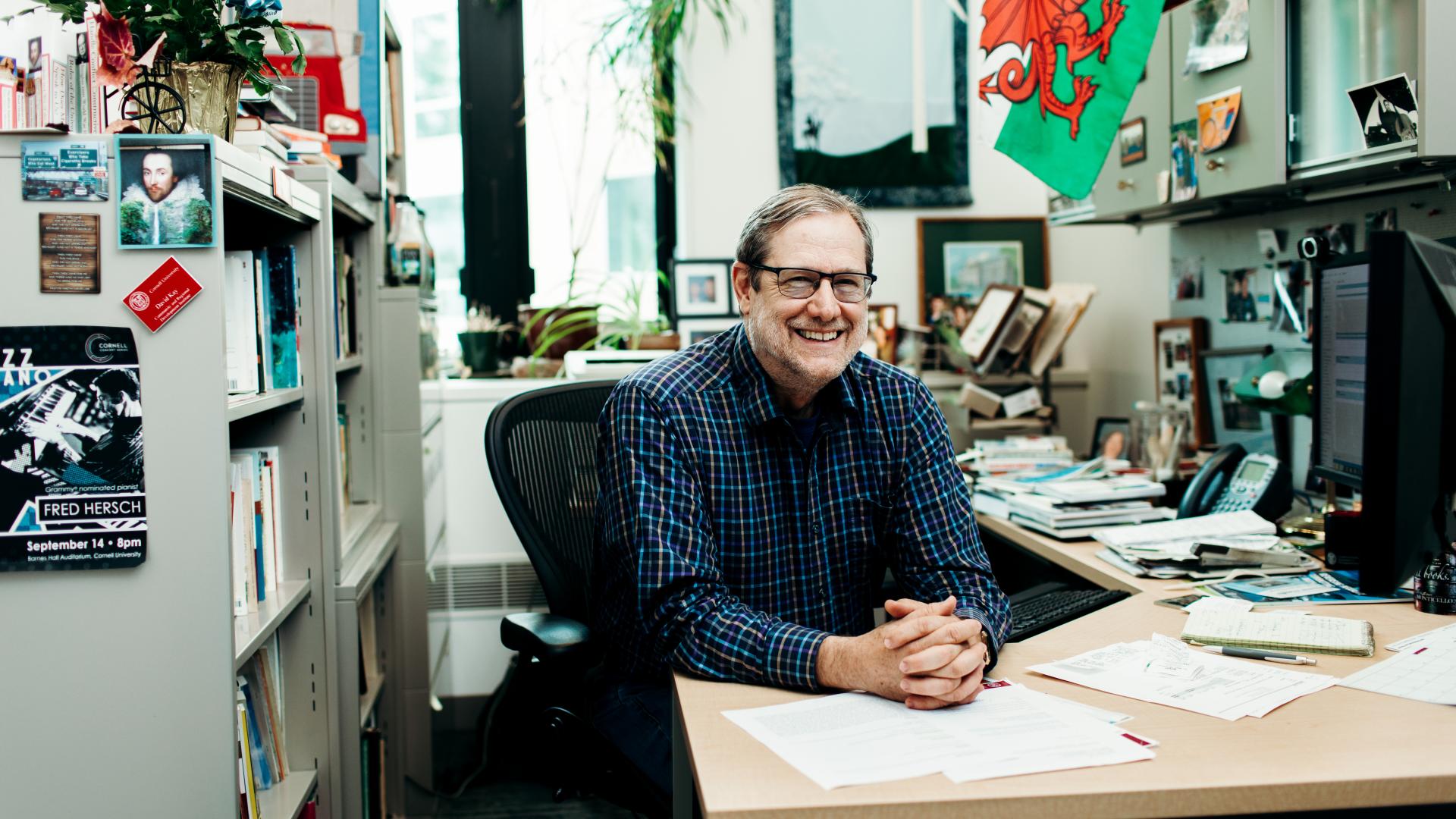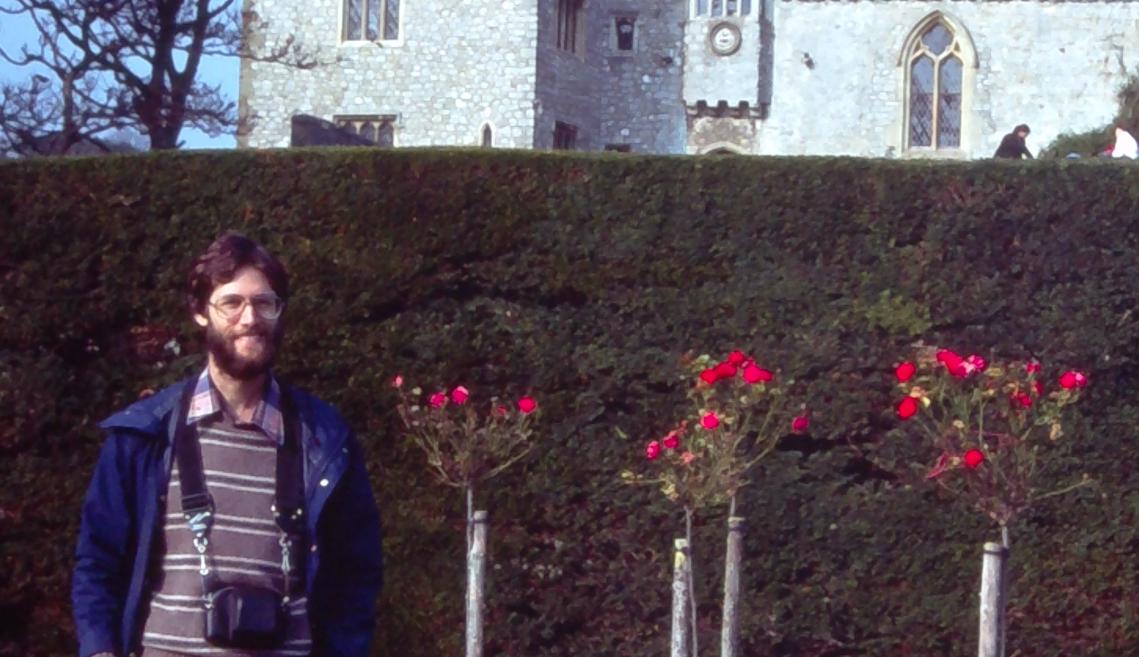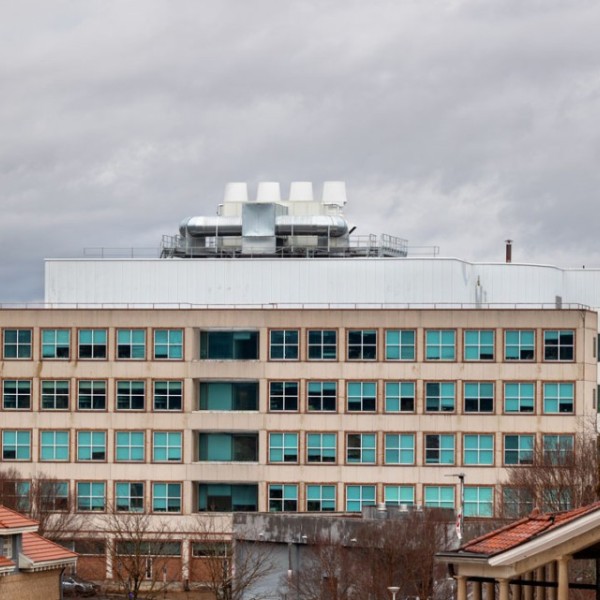The social tailwinds that lofted me here were stirred by the movements of the late 1960s and early 1970s. Most important was my undergraduate exposure to the debates about global economic growth and the environment following publication of The Limits to Growth (1972). Attending further to the framing ecological systems metaphor of the “web of life”, not to mention the rapid institutionalization of environmentalism into law (and into university curricula), I commenced my graduate study in resource and environmental economics at Cornell.
I had been primed to “think globally and act locally” by two years of study in Wales, UK, at a high school devoted to “promoting international understanding through education”. So when a Cornell job opportunity knocked, it seemed logical to evolve my global interests into research increasingly centered on community-based decision making in New York. In 2006, after working for two-plus decades as an economist researching local land use, energy, and environmental policies in the Department of Agricultural Economics’ Cornell Local Government Program, I transferred to the Department of Development Sociology and a new disciplinary affiliation, moving a few dozen feet down the Warren Hall corridors into my new office in CaRDI (Community and Regional Development Institute).
As a Senior Extension Associate in CaRD,I I have tried my best to grow more deeply into the responsibilities of service embodied in Cornell’s land grant status. My efforts are tailored to fit CaRDI’s mission: helping communities make informed decisions on issues of concern to them. On- and off-campus collaborations and partnerships have enabled every hint of accomplishment I have experienced in this work.






